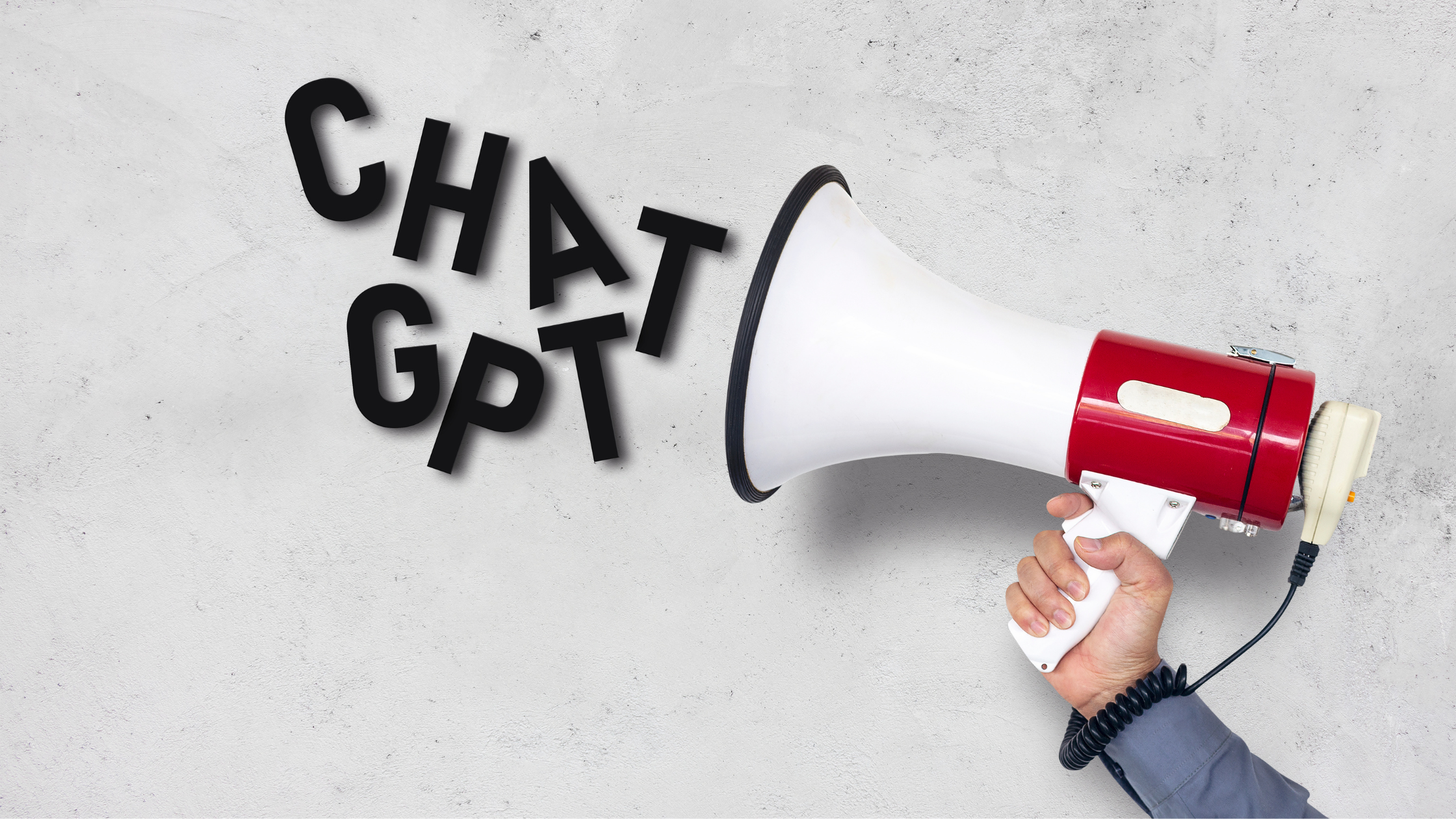As someone who prides herself on her writing ability, I admit I’m among those who are a bit unsettled about the meteoric rise of ChatGPT and other artificial intelligence tools. The idea that the graceful sentences I spend hours tinkering with could be spit out by a computer in seconds is unnerving. Concerns about the proverbial town square of conversation being flooded with content full of unverified information from unspecified sources is troubling to the journalist in my soul.
I’m not alone in my trepidation. Even Sam Altman, CEO of OpenAI, which is the parent company of ChatGPT, testified before Congress on May 16 that there should be some regulation of artificial intelligence, although there is little agreement about what rules should be put in place and how they would be enforced. WE Communications and the USC Annenberg Center for Public Relations did a survey of 400 PR leaders from agencies, brands and independent consultancies and found while 80% believe AI is important to the future of PR, only 16% believe they are extremely knowledgeable about how to apply AI to PR and only 23% are changing the way they work with AI tools.
But AI is not coming one day, in the future to the world of communications, it is here. As of May 18, ChatGPT is available on iPhones in the U.S. and an Android version is coming soon. Unlike the desktop version, the phone version lets people use their voice to make their queries. Journalists and PR agencies are not the only ones utilizing AI. According to the Chronicle of Philanthropy, fundraisers are using AI to facilitate the creation of the voluminous but necessary content they need to do their jobs including thank you notes, grant applications, and social media posts. One nonprofit chief development officer said AI is an effective way to offload tasks that get in the way of the parts of the job they love.
So how can writers like me feel more comfortable using AI? I recently attended a webcast hosted by PR Week called “AI and PR: Authoring the Future” that had some useful tips from a panel of experts.
- See it as a first draft – Copy generated from AI isn’t meant to be the definitive final draft. All good copy benefits from editing and revisions and this is no exception. Think of this copy as jumpstarting writing rather than replacing it. Amy Sezak, Sr VP Corporate Communications Yelp suggested implementing a mix of curiosity and caution and using it for tasks you might already been looking to outside sources for support like a thesaurus when you need a way to rephrase an idea and to kick off your research.
- Keep asking ethical questions – It’s hard to lead on something you don’t understand or have experience using. “Be the one in the room stands up and tries to figure it out, asks the questions and takes on that responsibility to go and help to figure it out,” said Gretchen Ramsey, EVP, content, and digital experience, WE Communications. Be vigilant about fact checking AI generated copy and have a critical eye to the source of the content that may not have been created by a human.
- Push your talent – Lean into your creativity and expertise and use it in new ways. It takes writing ability to craft effective AI prompts that make the most of available tools. Embrace the challenge of altering AI generated copy to turn it into something that could only have come from a human. “If you’re just developing creativity based upon what a computer can give you, then you aren’t pushing the envelope,” added Matthew Lloyd, VP of corporate communications at Speeding up the writing process can also give you more time for the strategic thinking that leads to successful results.
- Do some homework – Diving in is the best way to get comfortable. Most of the companies offer demonstrations and free trials of their more advanced programs. There are also influencers in the AI space who can give advice. The panel recommended Allie K. Miller who has 1.5M Twitter followers. She has worked for Amazon and was the youngest woman to build an AI product at IBM. They also like Lex Fridman from MIT who has a podcast with nearly 3M subscribers that has booked Elon Musk, Mark Zuckerberg, and Joe Rogan as guests.
Although I didn’t use AI to write this blog post (really!), I have signed up for ChatGPT and have started to experiment with it. Small steps. I can see it being a good resource for those days when I am fresh out of inspiration and need a push in the right direction. However, I strongly believe there will always be a need for humans who can turn a creative phrase and take strategy in an unexpected direction. Seeing AI as a tool or copilot, rather than an adversary, is the first step.


